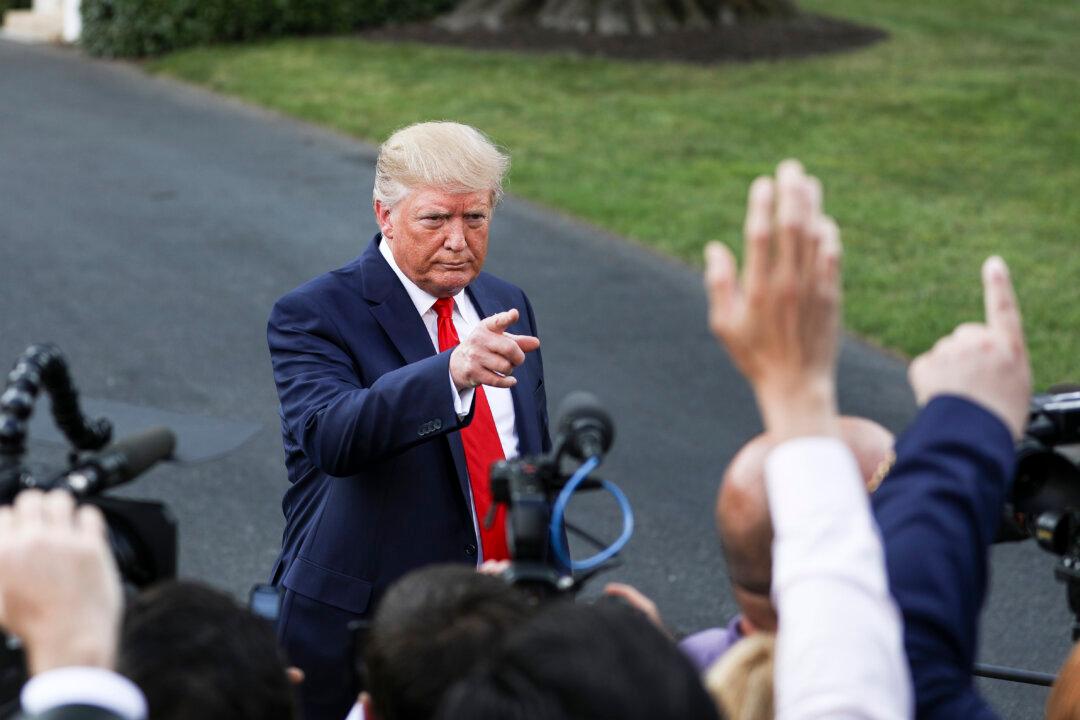WASHINGTON—The Trump administration froze all Venezuelan government assets Monday after he cited foreign involvement in supporting the illegitimate socialist administration of Nicolás Maduro by Russia and China on Aug. 1 and hinted at further action.
The ban blocking American companies and individuals from doing business with the Maduro regime and its top supporters, which takes effect immediately, is the first of its kind in the western hemisphere in over three decades, following an asset freeze against Gen. Manuel Noriega’s government in Panama and a trade embargo on the Sandinista leadership in Nicaragua in the 1980s.





